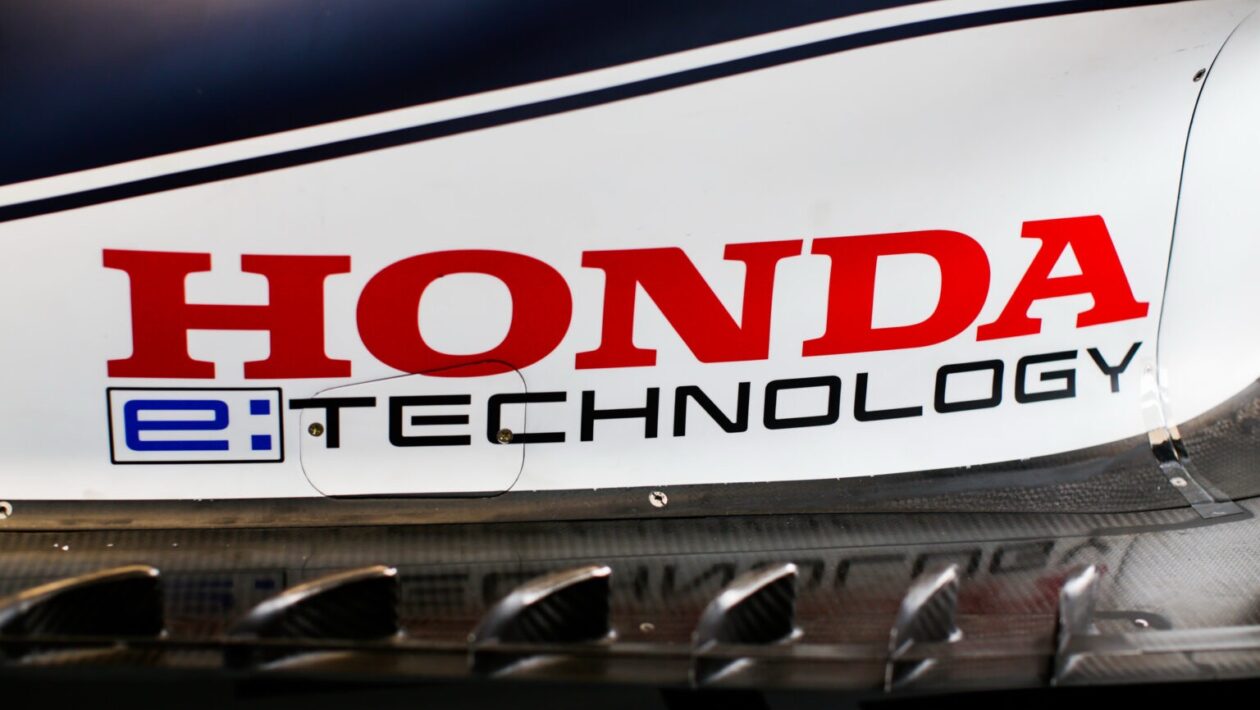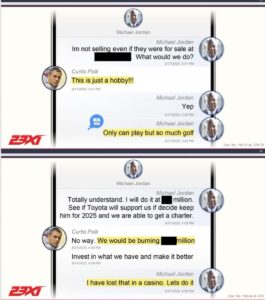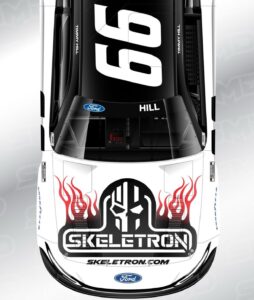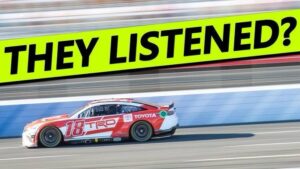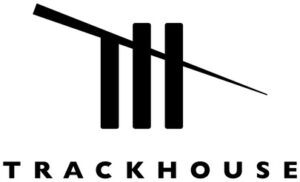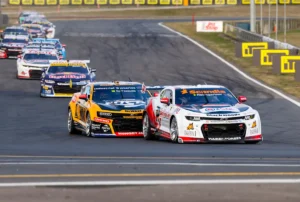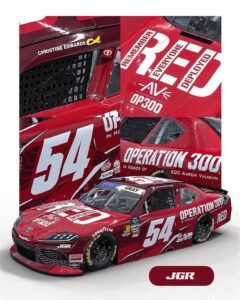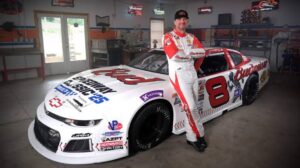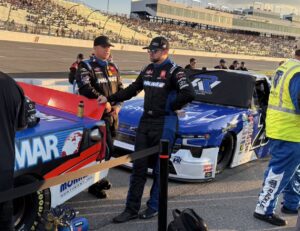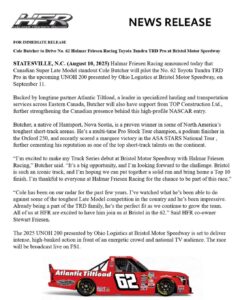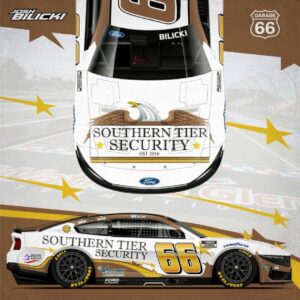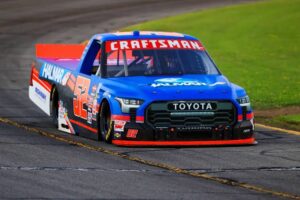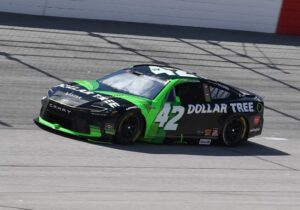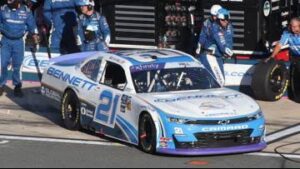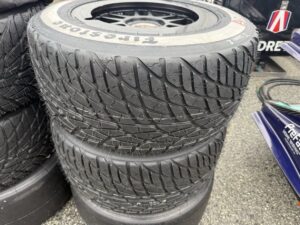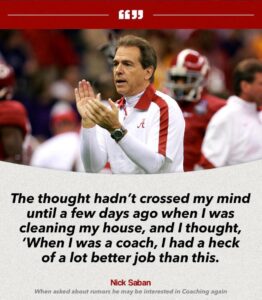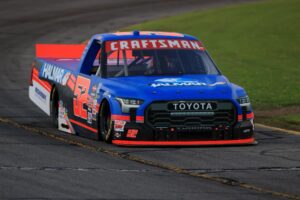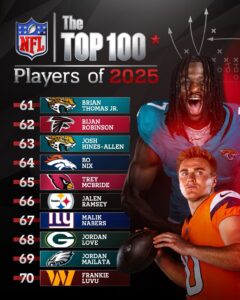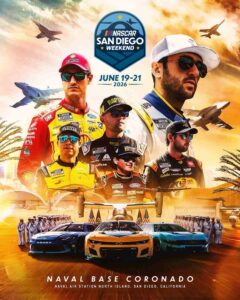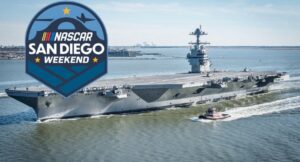NASCAR has long been a battleground for automotive giants, showcasing their engineering prowess and marketing dominance. Chevrolet, Ford, and Toyota currently reign supreme, but fans and industry insiders alike are calling for fresh blood to invigorate the competition. As NASCAR continues to evolve, expanding its manufacturer lineup could bring new energy, global attention, and a much-needed boost to its competitive landscape.
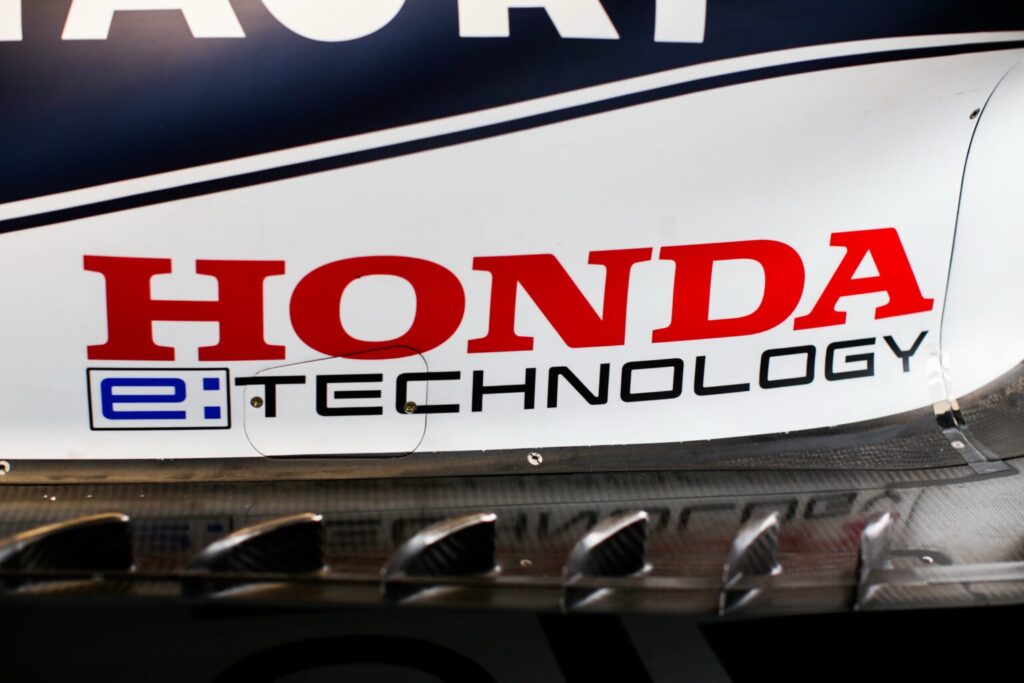
Here’s a look at the manufacturers that could benefit from joining NASCAR and how their entry might reshape the sport.
1. Dodge: A Comeback Worth Watching
Dodge, a name once synonymous with NASCAR success, departed the sport in 2012 after winning the Cup Series championship with Brad Keselowski and Team Penske. Despite its absence, Dodge’s legacy lingers in the hearts of fans who remember the roaring success of the Charger and the iconic Intrepid.
Dodge has hinted at a potential return in recent years, and its comeback would undoubtedly shake up the manufacturer rivalry. With its muscle car heritage and strong fan base, Dodge could bring back its aggressive styling and performance-oriented branding to NASCAR’s top series.
2. Honda: Crossing the Finish Line
Honda, a dominant force in other motorsports like Formula 1 and IndyCar, is a natural candidate for NASCAR. Its reputation for reliability, innovation, and engineering excellence could translate seamlessly into stock car racing.
Entering NASCAR would allow Honda to target a broader American audience while leveraging its Civic Type R and Accord platforms to challenge traditional muscle cars. Additionally, Honda’s involvement could attract younger, international fans to the sport.
3. Nissan: A New Challenger in the Mix
Nissan’s motorsports pedigree, particularly through its success in endurance racing and the GT-R, makes it a compelling option for NASCAR. A move into the sport would align with its recent push toward performance-oriented branding, including vehicles like the Z and Altima.
Nissan’s entry could also open doors for greater diversity in the sport’s manufacturer lineup, tapping into its strong presence in the American and global markets.
4. Volkswagen: Bringing Global Appeal
Volkswagen’s potential entry into NASCAR would be a bold move that underscores the sport’s growing global ambitions. Known for its engineering precision and iconic models like the Golf GTI, Volkswagen could use NASCAR as a platform to showcase its American market commitment.
While Volkswagen has primarily focused on rally and endurance racing, joining NASCAR would signal a shift toward embracing traditional American motorsports. Its presence could attract international sponsors and fans, further broadening NASCAR’s appeal.
https://twitter.com/a_s12/status/1787488615527797019?s=46
5. Tesla: A Revolutionary Contender
While it might sound far-fetched, Tesla’s entry into NASCAR could revolutionize the sport. As the global leader in electric vehicles, Tesla’s participation would symbolize a bold step toward embracing new technology and sustainability in racing.
While NASCAR is deeply rooted in internal combustion engines, the inclusion of an EV manufacturer like Tesla could spark innovation and push the sport toward a more sustainable future. Imagine an electric division in NASCAR—Tesla could lead the charge, literally and figuratively.
6. BMW: Luxury Meets Speed
BMW’s rich racing history, particularly in touring cars and endurance racing, makes it a natural fit for NASCAR. Known for its performance-oriented engineering and luxury branding, BMW could enter NASCAR with a car like the 3 Series or 4 Series.
The German automaker’s involvement would add prestige and attract a new demographic of fans, particularly those who appreciate the fusion of luxury and performance. BMW’s entry could also entice other luxury brands like Mercedes-Benz and Audi to follow suit.
Why New Manufacturers Matter
Adding new manufacturers to NASCAR isn’t just about increasing competition—it’s about rejuvenating the sport. Fresh manufacturers bring:
• Diverse Fan Bases: New brands attract loyal customers who may not currently watch NASCAR.
• Global Recognition: International manufacturers bring worldwide attention to a predominantly American sport.
• Innovation: New entrants challenge the status quo, driving technological advancements.
Challenges to Overcome
Bringing new manufacturers into NASCAR is not without its hurdles. Developing competitive stock cars requires significant investment in research and development. Additionally, NASCAR’s strict regulations and technical specifications can pose challenges for manufacturers unfamiliar with the sport’s unique demands.
Furthermore, new manufacturers would need to build partnerships with existing teams or create their own, a process that requires time and resources.
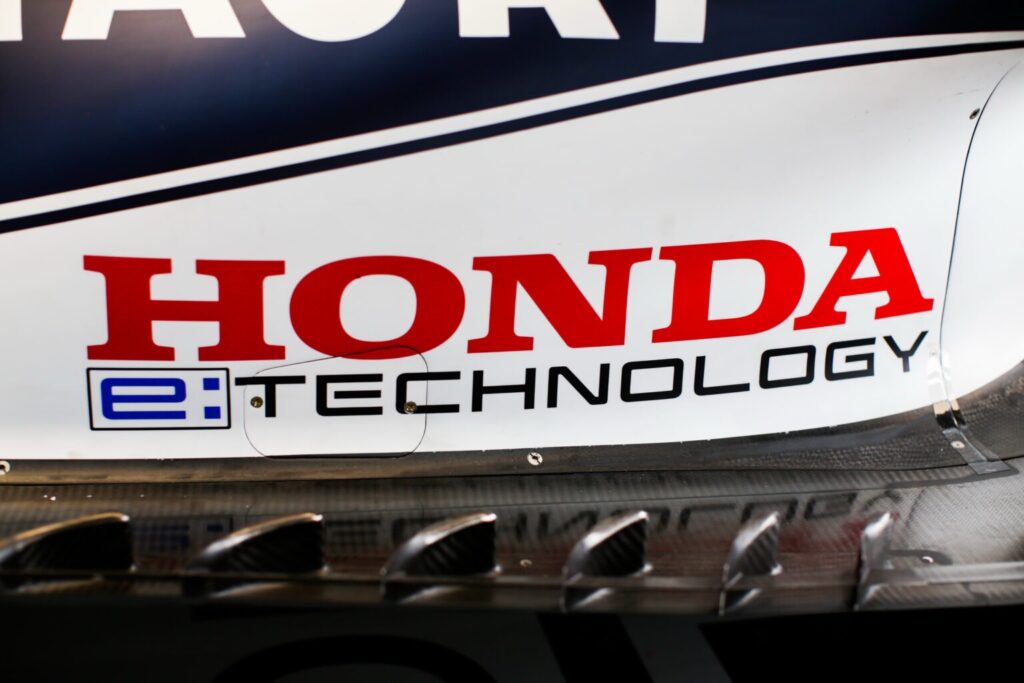
The Future of NASCAR Manufacturing
As NASCAR looks to the future, expanding its manufacturer lineup could be the key to sustaining its growth. The introduction of the Next Gen car has already leveled the playing field, making it easier for new manufacturers to join.
With the right incentives and support from NASCAR, brands like Dodge, Honda, and Tesla could transform the sport, bringing new excitement and broader appeal to fans worldwide.
As fans eagerly await the next major announcement, one thing is clear: the more manufacturers in NASCAR, the greater the competition, innovation, and excitement for everyone involved.
